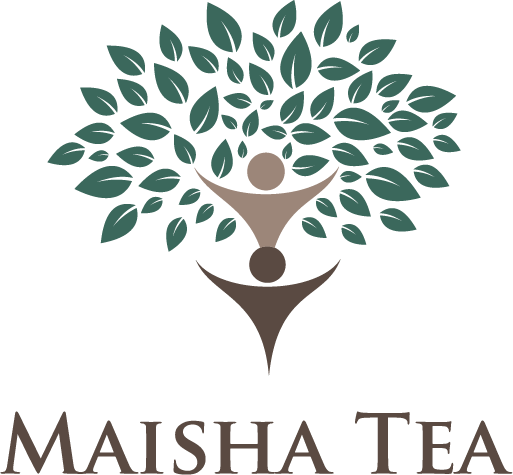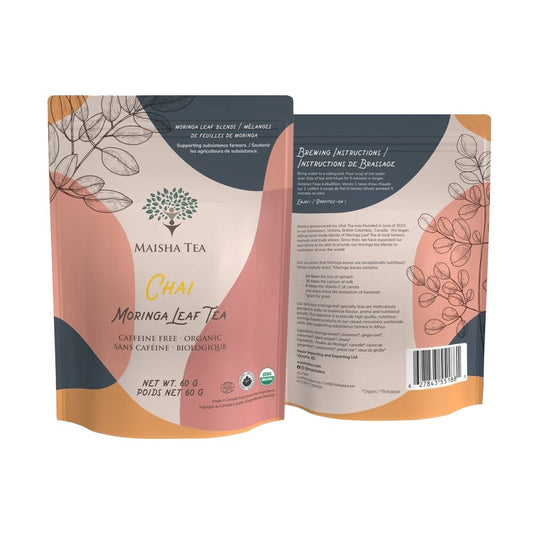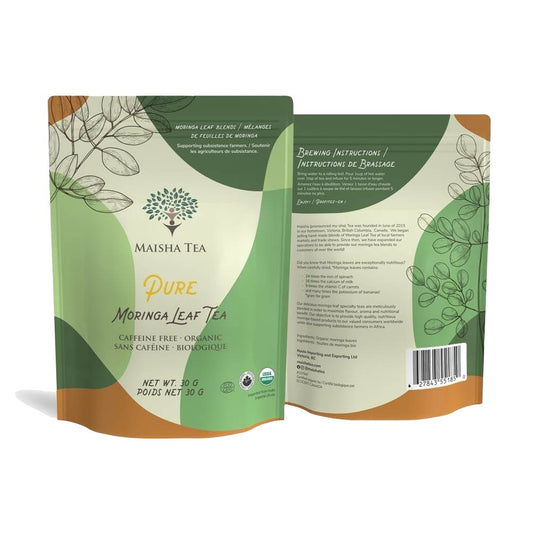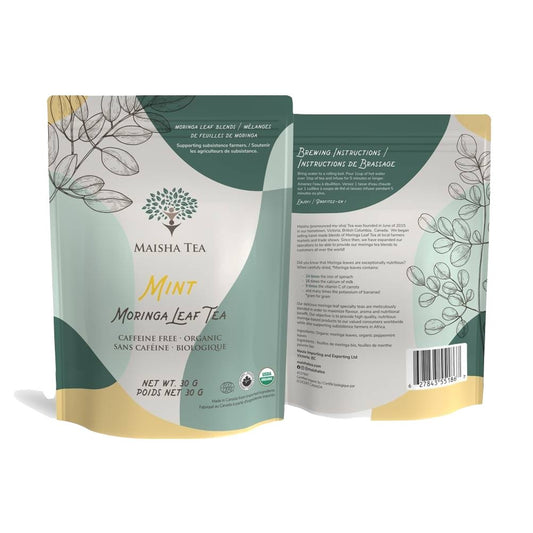What Is Fasting?
Fasting, the voluntary abstention from food for a certain period, has gained significant attention in recent years as a potential key to a healthier lifestyle. The idea of fasting is not new; it has deep historical and cultural roots, often associated with religious practices. However, modern science has shed light on the potential health benefits of fasting, making it an attractive option for individuals seeking to improve their overall well-being.
Fasting comes in various forms, and each method offers unique advantages, making it essential to choose one that suits individual needs and schedules. The two most prominent proponents of fasting, Dr. Jason Fung and Dr. Eric Berg, have contributed significantly to the understanding of fasting's medical benefits and safety.

Intermittent Fasting
Intermittent fasting (IF) is one of the most popular fasting methods, which involves cycling between periods of eating and fasting. Dr. Jason Fung, a renowned nephrologist, suggests that intermittent fasting can aid in weight loss, improve insulin sensitivity, and reduce the risk of type 2 diabetes. This method allows flexibility in choosing fasting windows, making it adaptable to different lifestyles.
A 16/8 fasting schedule is a common form of intermittent fasting, where one fasts for 16 hours and consumes meals during an 8-hour window. This method is suitable for many individuals as it aligns with their daily routines. Fasting from dinner to lunch the next day, for example, can be a practical way to start. This method is particularly appealing for women aged 30-60, as it can help regulate blood sugar levels, leading to hormonal balance and weight management.

Extended Fasting
An extended fast typically lasts more than 24 hours. Dr. Eric Berg, a chiropractor and expert in ketogenic diets and fasting, has advocated for the benefits of extended fasts, which last for multiple days. While long-term fasting might seem daunting, it can be safe and advantageous when done correctly. Dr. Berg emphasizes that during extended fasts, the body enters a state of autophagy, a cellular cleaning process that removes damaged cells and regenerates new ones. This can be particularly beneficial for women in their 30s to 60s, as it supports cellular health and may contribute to a youthful appearance and improved overall vitality.
For those considering long-term fasting, it's crucial to consult with a healthcare professional to ensure it's suitable and safe for their individual health conditions. Proper preparation and supervision are essential when embarking on extended fasts.

Fasting Benefits
Fasting offers a multitude of benefits, including weight loss, improved insulin sensitivity, reduced inflammation, enhanced brain function, and even longevity. It can be a valuable tool for - especially for women - as it addresses specific health concerns related to hormonal balance, weight management, and cellular health. Nevertheless, it's essential to underline that fasting should be practiced with a balanced diet and not as a means to extreme calorie restriction or deprivation. Actually, adapting a low-carb or ketogenic diet can help curb those sugar cravings and make fasting easier.
In general, fasting has re-emerged as a promising approach to achieving a healthier lifestyle. Intermittent fasting, as advocated by Dr. Jason Fung, can be seamlessly incorporated into daily routines, benefiting individuals seeking to manage their weight and improve metabolic health. Extended fasting, supported by Dr. Eric Berg, offers deep cellular rejuvenation and holds great promise for women in the 30-60 age range. Nevertheless, one should always approach fasting with caution, seeking guidance from healthcare professionals to ensure it aligns with individual health needs.

The Gist
The work of Dr. Jason Fung and Dr. Eric Berg underscores the medical evidence supporting fasting as a viable and safe means to promote health. By choosing the right fasting method and incorporating it into a balanced lifestyle, individuals can harness the potential of fasting for life, reaping its numerous benefits while assuaging concerns about long-term fasting. It's definitely worth giving it a try, but like anything else, do your research. A fasting protocol that works for one person, may not be the right fit for you. Whatever you do for yourself, do it with love!









